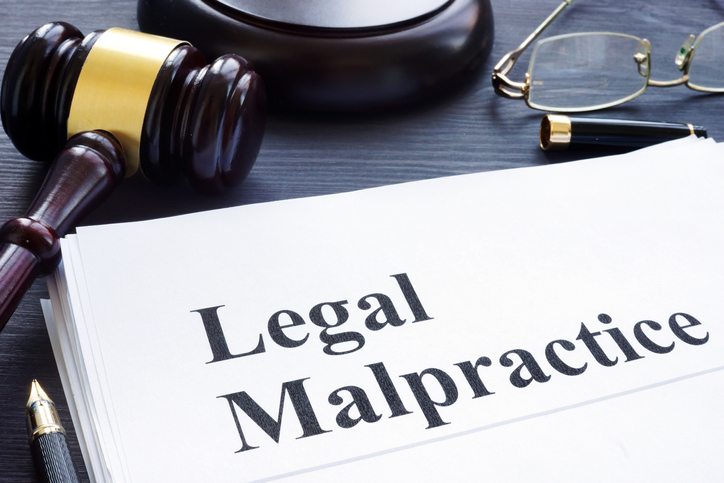America’s birthplace, home of the Liberty Bell, cheesesteaks and Rocky, the City of Brotherly Love is a destination for history, arts, culture…and personal injury cases. Once again, Philadelphia has been named America’s number one judicial hellhole in the annual ranking by the American Tort Reform Foundation for 2019. This is based on Philadelphia’s outrageous verdicts, amount spent on lawsuit advertisements, percent of out of state plaintiffs, and courts loosely applying venue rules.
Some highlights from 2019:
- A major pharmaceutical company hit with an $8










